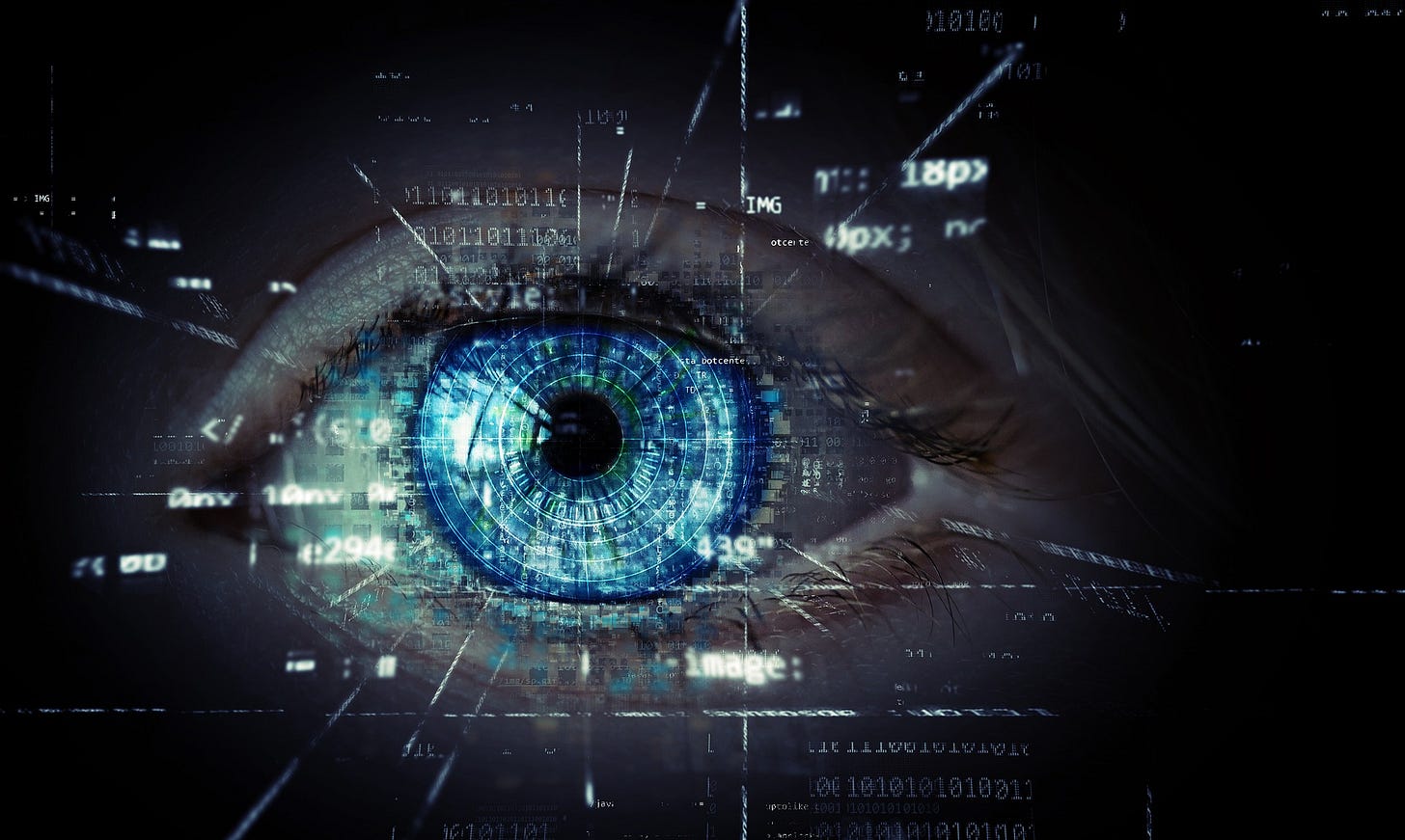US Senator: Governments Using Push Notification Data To Surveil Smartphone Users
Push notifications allow those who choose to subscribe to them via smartphone apps or web pages access to instant alerts on their phones or PCs.
WASHINGTON - Both U.S. and foreign governments are demanding data on users gathered from both Google and Apple's push notifications. Read to the end for some great tips on securing your devices.
Push notifications allow those who choose to subscribe to them via smartphone apps or web pages access to instant alerts on their phones or PCs. Although they can be sent by third-party apps, pages, or programs, the data also runs through servers owned and operated by Google and Apple.
Senator Wyden: Staff Investigating Matter For Over A Year After Receiving A Tip Government Agencies Were Demanding Push Notification Records
In a letter from U.S. Senator Ron Wyden to Attorney General Merrick Garland, Wyden urged the Department of Justice (DOJ) to permit Apple and Google to inform their customers, as well as the general public about the fact that foreign governments have demanded the companies to hand over records involving their push notifications.
Wyden went on to say that his staff has been investigating the matter for over a year after his office received a "tip" that government agencies located in foreign countries were demanding smartphone "push" notification records from the Google and Apple companies.
He added that after contacting the companies about the matter, both companies responded by saying that the information about the practice is "restricted from public release by the government" so they were unable to divulge the demands for the records to the general public.
"As with all of the other information these companies store for or about their users because Apple and Google deliver push notification data, they can be secretly compelled by governments to hand over this information," Wyden stated in the letter.
"App developers don't have many options; if they want their apps to reliably deliver push notifications on these platforms, they must use the service provided by Apple or Google, respectively," he added.
"Consequently, Apple and Google are in a unique position to facilitate government surveillance of how users are using particular apps."
He went on to say, "The data these two companies receive includes metadata, detailing which app received a notification and when, as well as the phone and associated Apple or Google account to which that notification was intended to be delivered".
"In certain instances, they also might also receive unencrypted content, which could range from backend directives for the app to the actual text displayed to a user in an app notification."










